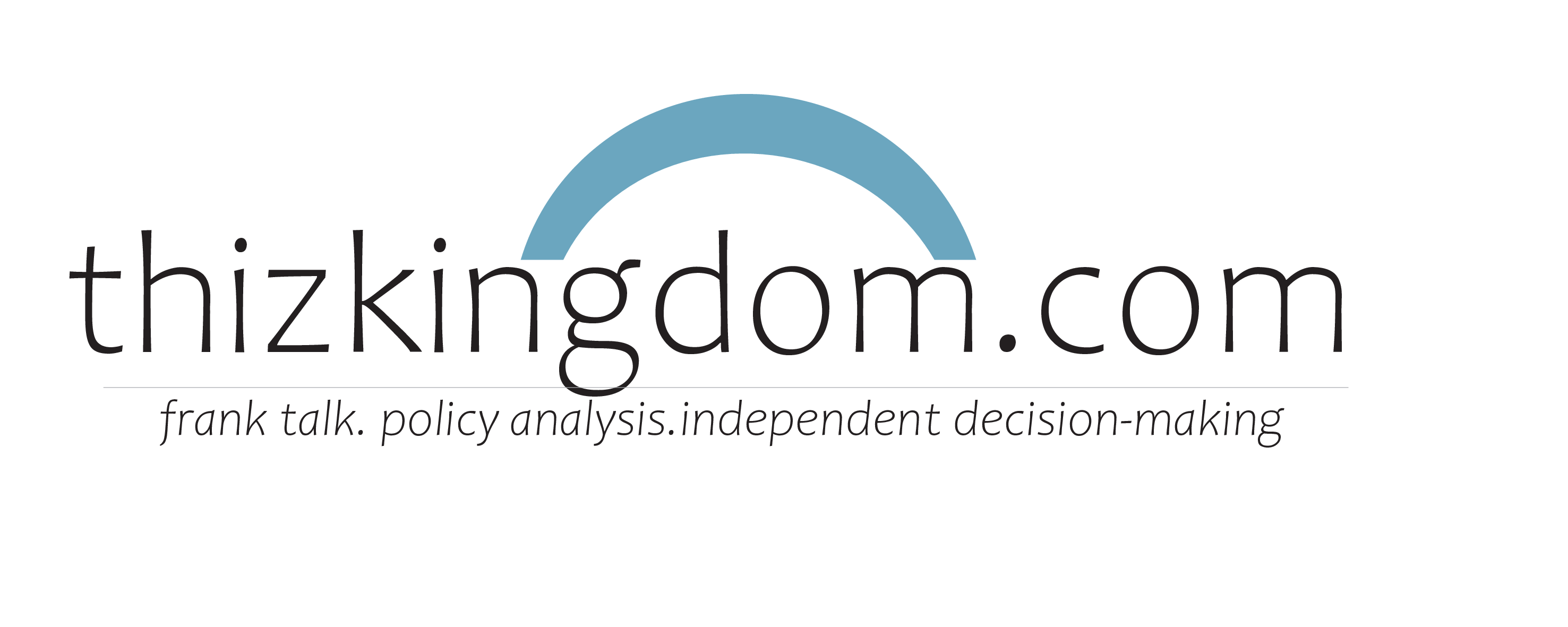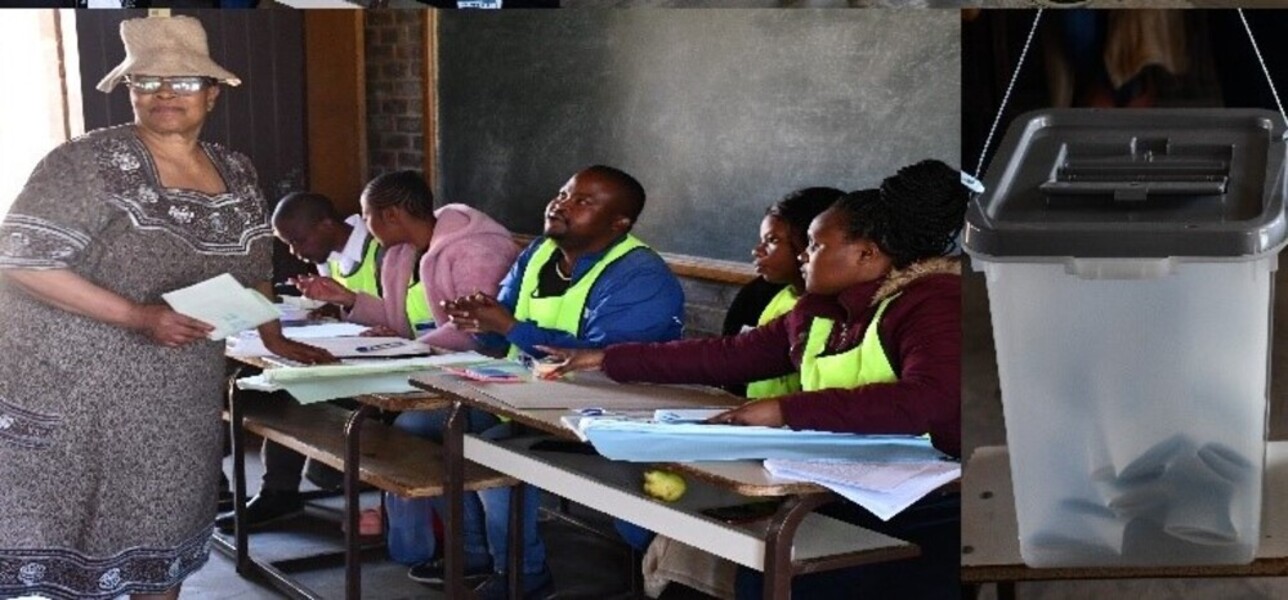Reforms, Elections and Democratic Stability in Lesotho
A reflective account of milestones, lessons learnt and challenges
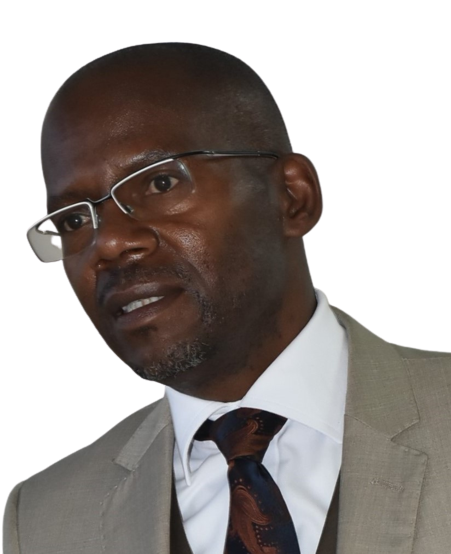
Mr Tsoeu Petlane
Commissioner of the Independent Electoral Commission (IEC), author and commentator on national issues. He writes in his individual capacity
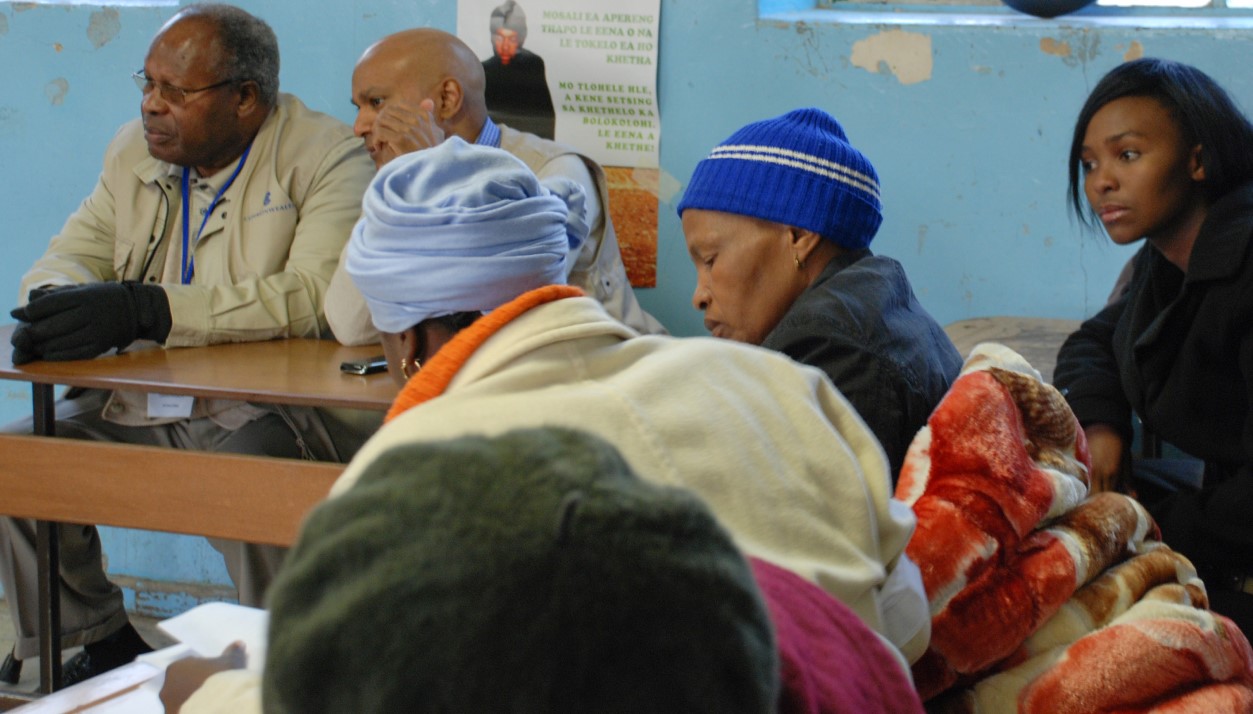
Known popularly as the Omnibus Bill, this legal proposal includes changes to entrenched provisions of the Constitution (thus needing popular endorsement through a referendum), as well as to the electoral regime. In addition, there have been at least four separate proposed changes to the laws governing elections in the last year, though only one has been passed by Parliament.
This article seeks to reflect on the state, dynamics and prospects of electoral reforms (in the context of the Omnibus Bill and other bills), Classification of article: Analysis
specifically for elections as an aspect of democratic consolidation and stability. This is because, besides the details of electoral legal design, the timing and political context of electoral law reforms has a critical bearing on the quality of elections and electoral outcomes.
Indeed, it has been noted, inter alia, that altering the legal framework for elections (e.g., the constitution, electoral model, other rules relating to elections) close to polls often has an adverse effect on the conduct and outcome of elections). In this vein, therefore, it is important to interrogate and reflect on the effects of Lesotho’s “reforms package” and atmosphere on this election, and to identify the lessons that need to be learned in future.
The “reforms package” refers to the Omnibus, National Assembly Electoral Amendment, IEC, Political Parties and Referendum bills; all of which were at advanced stages of preparation by October 2022, and were almost universally expected to form part of the electoral legal framework.
The coverage of the above reforms is both broad and comprehensive, aiming to enhance the ability of institutions and promote accountable governance in fulfilling their roles.
The IEC Bill is intended to institutionalize the independence of the Commission and elaborate its functional powers, hitherto fore outlined in the NAEA; the Political Parties Bill aims to operationalize and elaborate the role of the Commission as the authority responsible for the registration and management of political parties; the NAEA Amendment Bill seeks to facilitate extraterritorial voting, to regulate the archiving of the existing voters’ roll, among others; while the Omnibus Bill includes provisions to revert back to a two-ballot MMP electoral system, and to change the formula for constituency delimitation, among others.
While these reforms are yet to be passed into law, they clearly point to concerted movement in the direction of improving the institutional capacity, refining the mandate and harmonizing the legal framework for elections in Lesotho.
The Referendum Act 2022 is the only one of these laws that was successfully passed by Parliament. It is an enabling law guiding the preparation and administration of referenda when necessary, and was prompted, inter alia, by the anticipation that the Omnibus Bill would have been passed. However, the latter was not to be, and despite a recall of the tenth Parliament, it and the NAEA Amendment were invalidated by the courts of law.
Debates and preparations for the implementation of these have dominated the context of the 2022 (and to a lesser extent 2023) elections. That has included…..
If for elections to properly and effectively play their part in the democratic edifice, a key condition and best practice is that the legal regime governing elections should be stable and predictable, then the context of the 2022 General Election in Lesotho was not ideal.
Here we will pick only two points for reflection and identification of lessons for the future. This is neither to dismiss other factors, nor to undermine the sterling job done by the IEC, political parties and the electorate in executing a free, fair and credible election that reflected the will of the nation.
The Lesotho electoral framework was affected by the reform package in three ways: uncertainty, unpopularity and dis-coordination. Uncertainty was and continues to be a major characteristic of the reforms project.
A victim of both its own origins and politics of power, the future of the reforms package remains unsettled: the country is unclear whether it will or not be passed, in what form it would be passed (as is or edited), how it will be passed (piecemeal or in toto), or even whether when passed it will be accepted and implemented. This then creates a situation where, whether through fatigue, frustration or mere apathy, uncertainty about reforms conveys to the citizen a status quo context, with no hope for change.
Interestingly, the reforms package sought to remove some unpopular (even undemocratic) aspects from the existing legal framework -including for elections. These includes absent extraterritorial voting (voting by citizens outside the country, where they are, without needing to repatriate for the purpose). These unpopular aspects may range from simple inconveniences to serious rights denial controversies.
On the other hand, the proposals in the reforms package may not hold the liking of all citizens, including the introduction of new unpopular stipulations. The introduction of “indigenousness or nativity” requirements or making the King Commander-in-Chief of the army are examples of elements of reform that may be intolerable to some sections of the community.
Therefore, the failure to resolve long standing gripes, or introduction of new ones, may have the effect of distancing the citizenship from the reforms process, thus defeating the very core purpose of it.
The effects of uncertainty, unpopularity and lack of coordination as presented above include low public morale, leading to low electoral participation (voter turnout), and, ultimately, reduced public trust in democratic institutions and processes. The continuing decline in Lesotho’s voter turnout (in both national and local elections) is only one indicator of the effects of the above factors.
Certainly, this has been a trend for longer than the dynamics of reforms have been part of the mix. Still, one has to wonder whether there would have been a difference in rates of voter turnout in the absence of reforms as a factor in the election of 2022. So the best lesson to learn for future here is that the slate should be as “clean, level, and consistent” as possible, with no surprises.
In terms of unpopular elements, specifically the absence of extraterritorial voting, combined with the promising prospects of its being availed throughout the run-up to the poll, is a possible factor for both reduced participation and negative attitudes of all stakeholders towards elections, electoral institutions, and, ultimately, democracy.
Therefore, the reforms have to convincingly and conclusively answer questions of extraterritorial voting (and other elements of the legal framework with which voters are unhappy), in order to reduce the decline in support for democracy.
Finally, systematic and systemic coordination of the content, trajectory and institutions of electoral legal regulation should be a priority concern going forward. This is because the harmonisation of objectives, systems and processes would be one of the strategies with which the reforms project could be implemented. This is contrast with the current competitive silo-mentality approach that then creates both uncertainty and grounds for failure (when challenged, or simply through inertia/paralysis).
An opportunity for a demonstrator effect in this connection may already exist in the form of the Referendum Act. How the institutions involved in implementing this law (Parliament, Office of the Attorney-General, IEC, so begin with), will all need to show the willingness to cooperate and coordinate “concert” and institution-specific activities that all work towards readying themselves and the country to administer a referendum upon the passing of the Omnibus Bill.
Despite the politics of reform, these institutions have a constitutional obligation to execute a referendum that will ensure the open, credible and fair reflection of the views of Basotho on the content of reforms. In the long term, of the democratic society that the country has been striving for through this project.
In turn, their ability to do this will further strengthen their individual and collective institutional esteem in the eyes of citizens, thus reinforcing trust and belief in democracy and its institutions.
Most Read
New coalition government-in-waiting unveiled
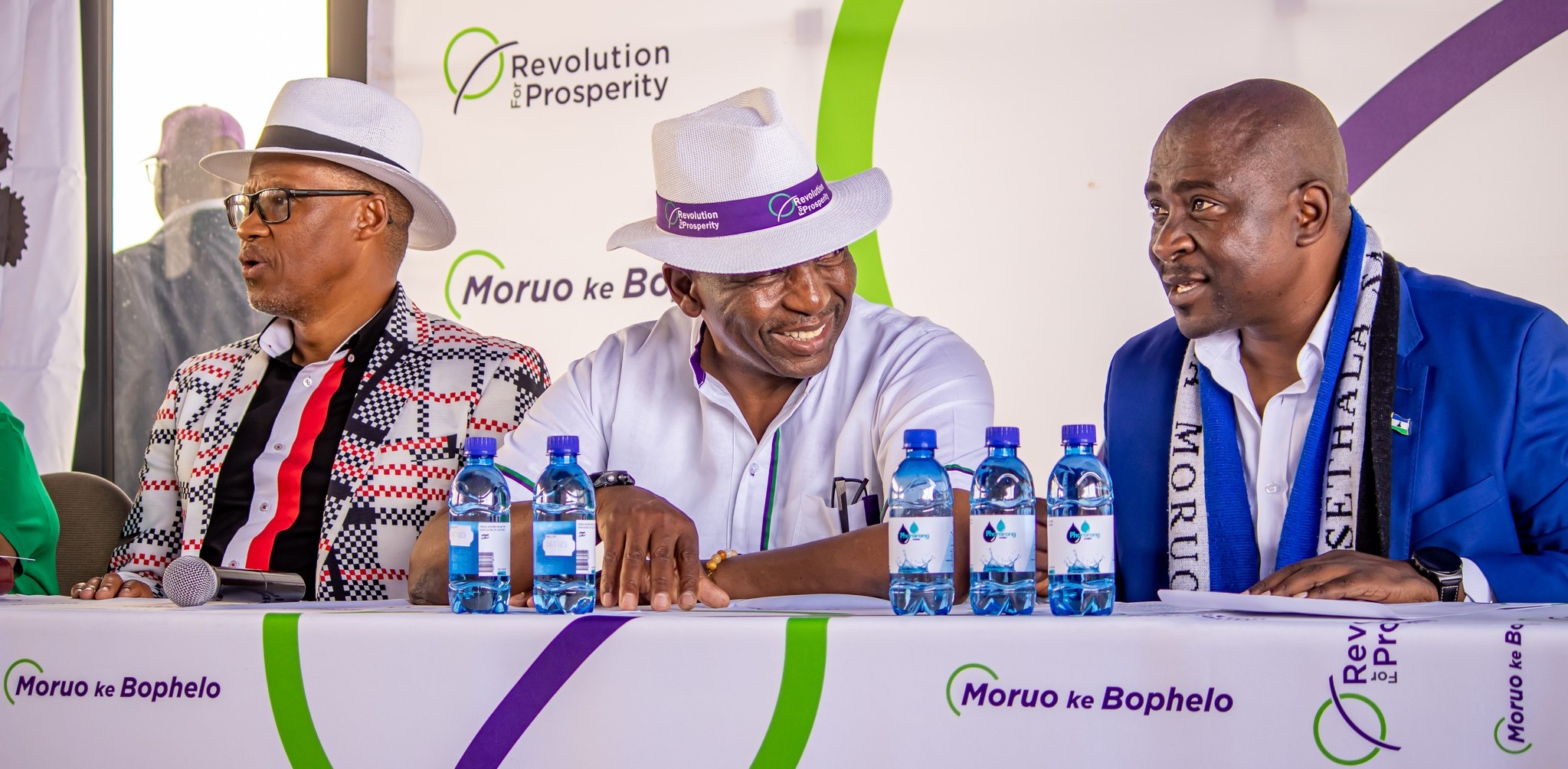
The cooling of the political temperatures came with the BAP joining the bandwagon after a season of political agitation and chess games, reflecting political anomalies in the system of political governance of Lesotho:

Reforms, Elections and Democratic Stability in Lesotho

Related Stories
Opinion Vote Polls
Do you think the existing government is going in the right direction to benefit the people of the country?
Subscribe for your daily newsletters
Enter your email to subscribe to our newsletter.
